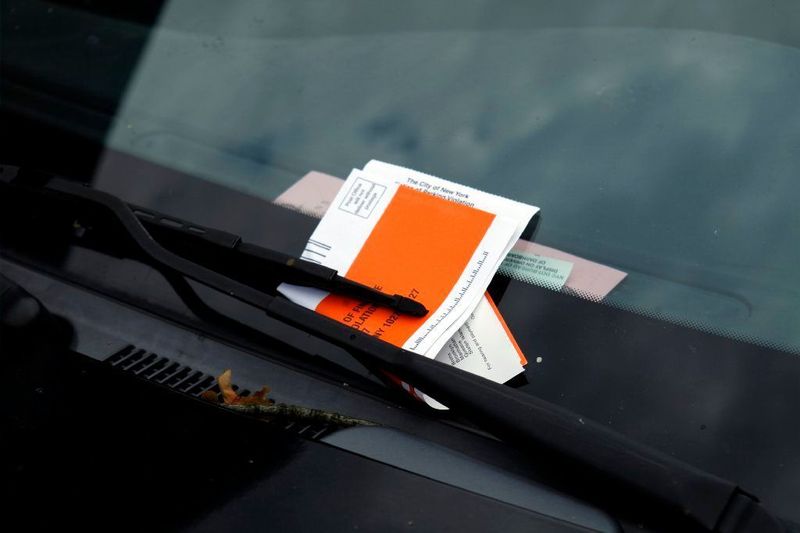For the New York Daily News, FFJC Co-Directors Lisa Foster and Joanna Weiss explain how the Supreme Court’s ruling in Timbs v. Indiana has the potential to accelerate fines and fees reform efforts in New York state.
***
New York’s fines and fees are ripe for challenge: The Supreme Court ruling resonates here, where localities pile huge dollar penalties on rich and poor alike
In a rare unanimous decision, the Supreme Court ruled on Wednesday that the Eighth Amendment’s ban on excessive fines applies to state and local governments. In her decision, Justice Ruth Bader Ginsburg cites Blackstone (the leading 18th-century English commentator on the law) to suggest that in order to determine excessiveness of fines, the court must consider a person’s wealth. Finally, citing a decision by the late Justice Antonin Scalia (as well as the amicus brief we filed in support of the petitioner, Tyson Timbs), Ginsburg suggests there is a particular risk of excessiveness when government imposes fines in order to raise revenue.
The decision is likely to have significant impacts in New York, where excessive fines deprive people of their livelihood and are imposed with no consideration of a person’s ability to pay, and where courts use fines and fees to raise revenue for the state and for city governments.
Here, a simple traffic ticket can cost hundreds of dollars. When someone is unable to pay a fine, New York law allows courts to coerce payment by suspending their driver’s license, a practice that makes it virtually impossible for impacted New Yorkers to keep their jobs and pay their fines and fees.
In the last two years, nearly 600,000 New Yorkers had their driver’s license suspended licenses due to unpaid fines. A study in New Jersey found more than 40% of people who had their driver’s license suspended lost their job as a result.
In the wake of the Timbs decision, fines in New York may be considered excessive because our courts fail to consider someone’s wealth when they are imposed. Fines and fees are imposed statewide with no consideration of one’s ability to pay. In fact, New York law prohibits courts from considering a person’s wealth before adding a mandatory surcharge to every single conviction, from felonies and misdemeanors to infractions and traffic tickets (and even some parking violations).
If we think again about that low-level traffic ticket, judges at the New York Traffic Violations Bureau have no authority to lower fine amounts when a ticket recipient is too poor to pay. Worse yet, some of New York’s local courts are piling on even more fines and fees, making tickets virtually unpayable for many New Yorkers. In Buffalo, in addition to the base fine and the state mandatory surcharge of $88, each traffic ticket now includes a $55 public safety fee and a $45 driver responsibility fee. If a payment is late or deferred, there is an additional fee.
Considering that the average American doesn’t have $400 in the bank, it’s easy to see how fines for even the lowest-level violations can exceed individuals’ ability to pay.
Ginsburg’s suggestion that we should particularly scrutinize fines for excessiveness where they are used to generate revenue for state and local government raises red flags in New York, where more than 1,200 towns and villages have their own courts which they use to raise revenue. In fact, a 2016 analysis found that six New York municipalities rank among the top 100 American cities most reliant on fines and fees, and three of those local governments — all located on Long Island — are more reliant on fines and fees than Ferguson, Mo., where the U.S. Department of Justice’s investigation exposed the harms of abusive fines and fees practices.
Although it is difficult to predict how exactly the Timbs decision will affect fines and fees practices in New York, it’s fair to say that if policy changes are not implemented quickly, the state’s fines and fees practices are ripe for litigation.
